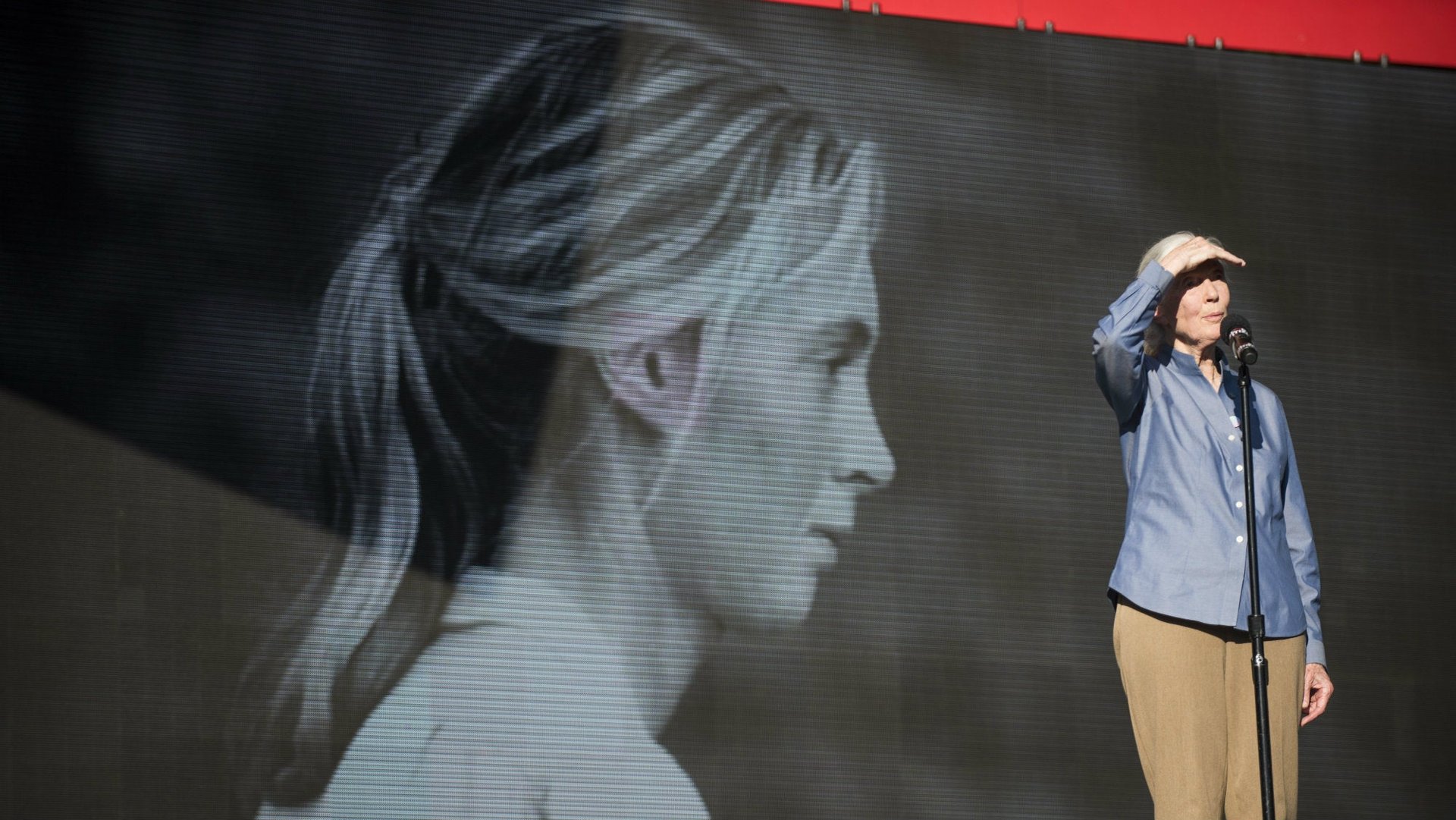When potential matters more than past experience
In 1952 a young woman from a well-off English family left school at the age of 18 and took a job as a secretary. On a visit to a childhood friend who lived in Kenya, she was introduced to the paleoanthropologist Louis Leakey, who hired her as a secretary and brought her along to an archaeological dig in the Serengeti.


In 1952 a young woman from a well-off English family left school at the age of 18 and took a job as a secretary. On a visit to a childhood friend who lived in Kenya, she was introduced to the paleoanthropologist Louis Leakey, who hired her as a secretary and brought her along to an archaeological dig in the Serengeti.
After seeing her work in the field, Leakey decided this 26-year-old assistant, Jane Goodall, was the ideal person to undertake a research project he’d been designing for years: a long-term immersive study of chimpanzees in the wild.
Goodall, Leakey observed, had the temperament to spend long periods alone. She also possessed what Goodall years later called “a mind uncluttered and unbiased by theory,” which was another way of saying she had no formal academic training at all. She did not begin the university work that would result in her doctorate until 1962, two years after she arrived in Tanzania’s Gombe Stream National Park for a study that altered our understanding of human evolution. (A new documentary, Jane, explores this period of her life.)
While it’s hard to imagine such a plum research assignment going to a novice these days, the open-mindedness that Leakey sought in his researcher remains a valuable trait that may in some cases be worth more than expertise. An “uncluttered and unbiased mind” is another description of “shoshin,” or beginner’s mind, a Buddhist concept that Quartz At Work’s Lila McLellan has characterized as “a way of thinking that keeps the mind open to new possibilities and aware of how little one knows or understands of the world and other people—or, framed more positively, how much there is still to learn.”
Awareness of what you don’t know keeps the mind open to learning. Research has found that people primed to see themselves as experts in a subject subsequently engage in more closed-minded behaviors than less-confident people.
Its value doesn’t apply only to remote field sites. In workplaces where technology and norms are changing rapidly, potential—not what someone has done, but what they could do—is the most accurate predictor of success, executive search advisor Claudio Fernández-Aráoz wrote in Harvard Business Review (paywall). Potential, as Fernández-Aráoz sees it, consists of five traits that drive people to learn and succeed: motivation, curiosity, insight, engagement, and determination—all of which Goodall brought to Tanzania in abundance.
Goodall wrote later that she made accepted the job in Gombe “for no other reason than a real desire for knowledge.” Some 57 years later, Goodall is still a passionate advocate and educator. Leakey’s hunch was well founded.